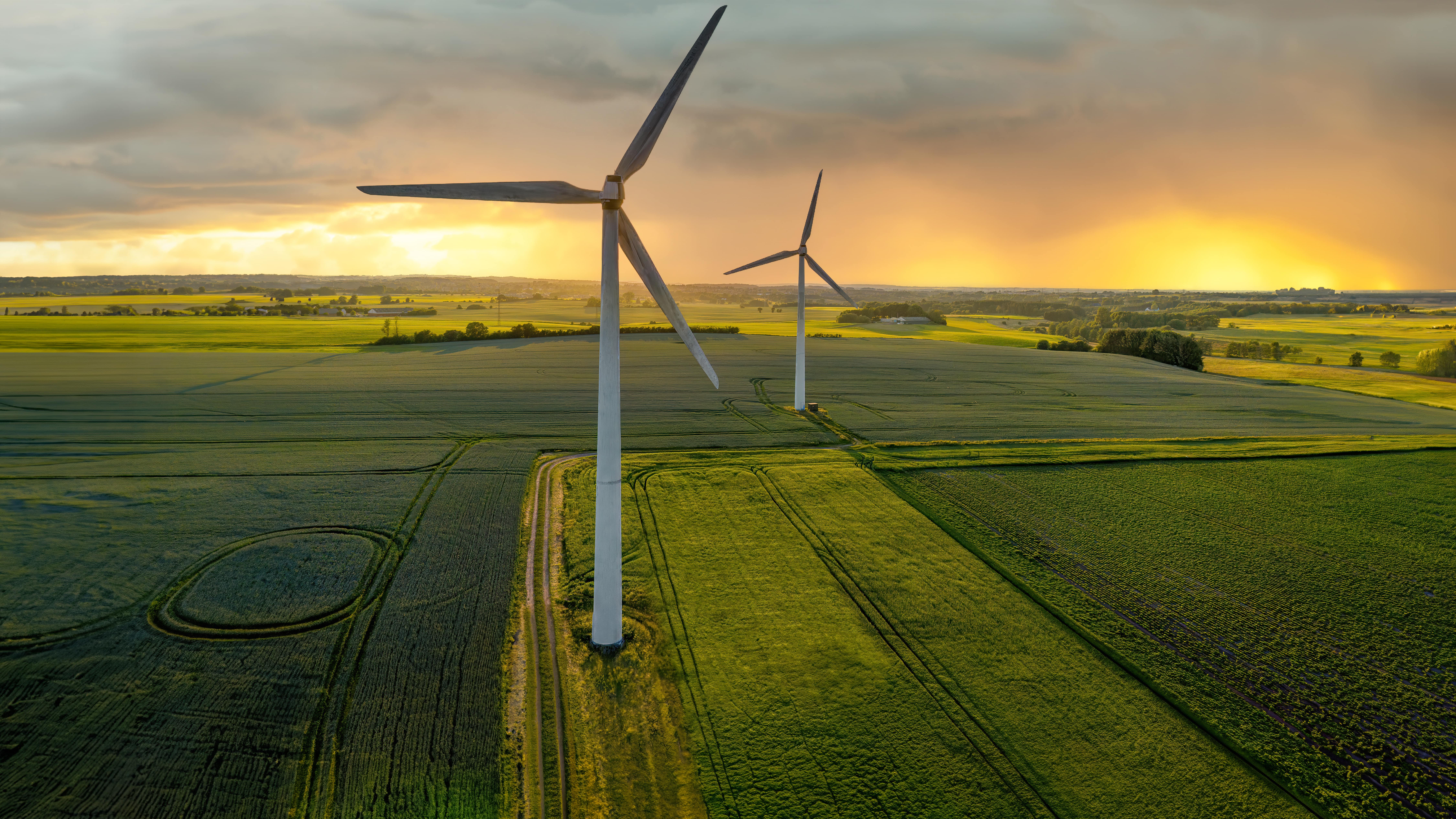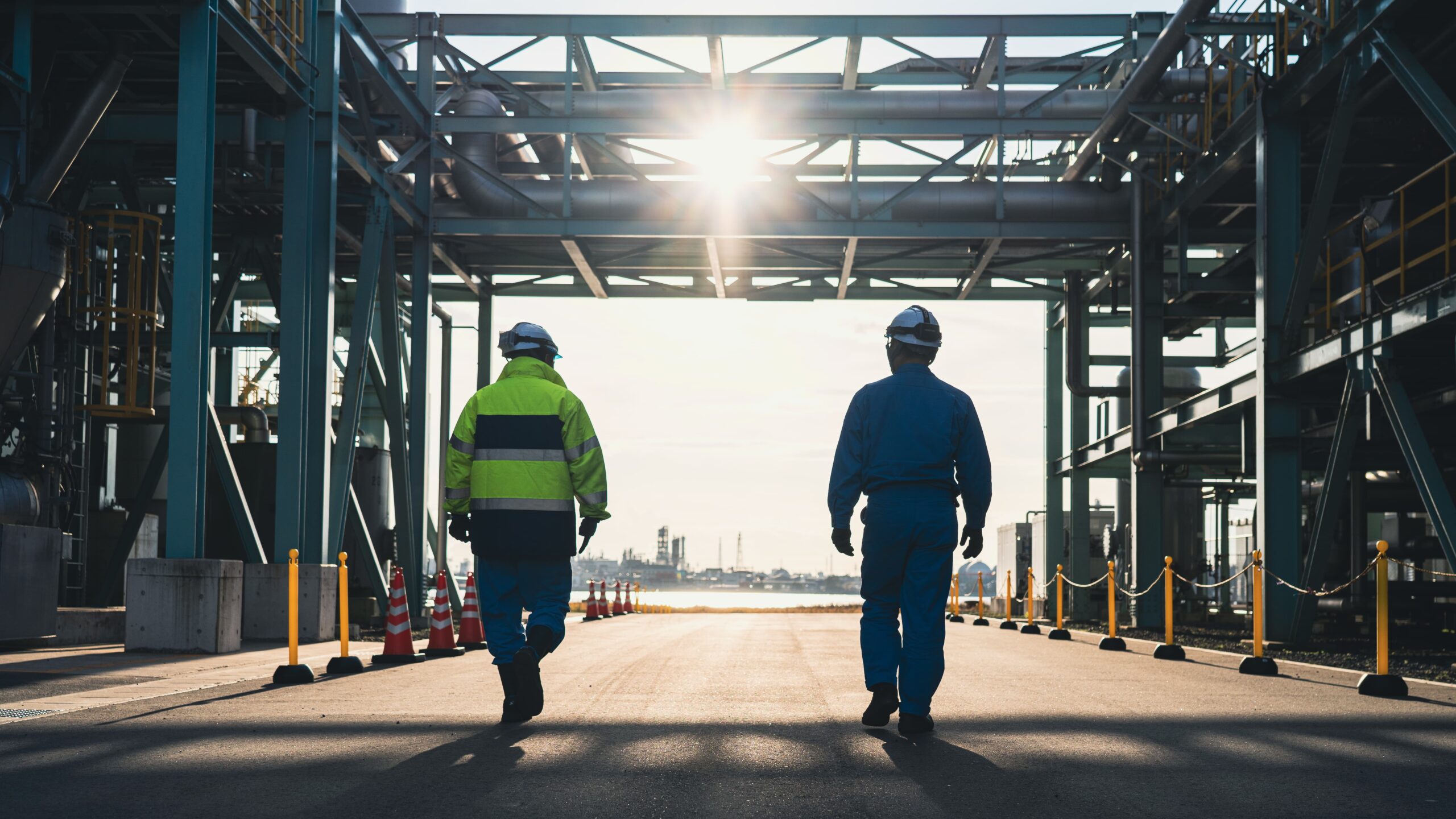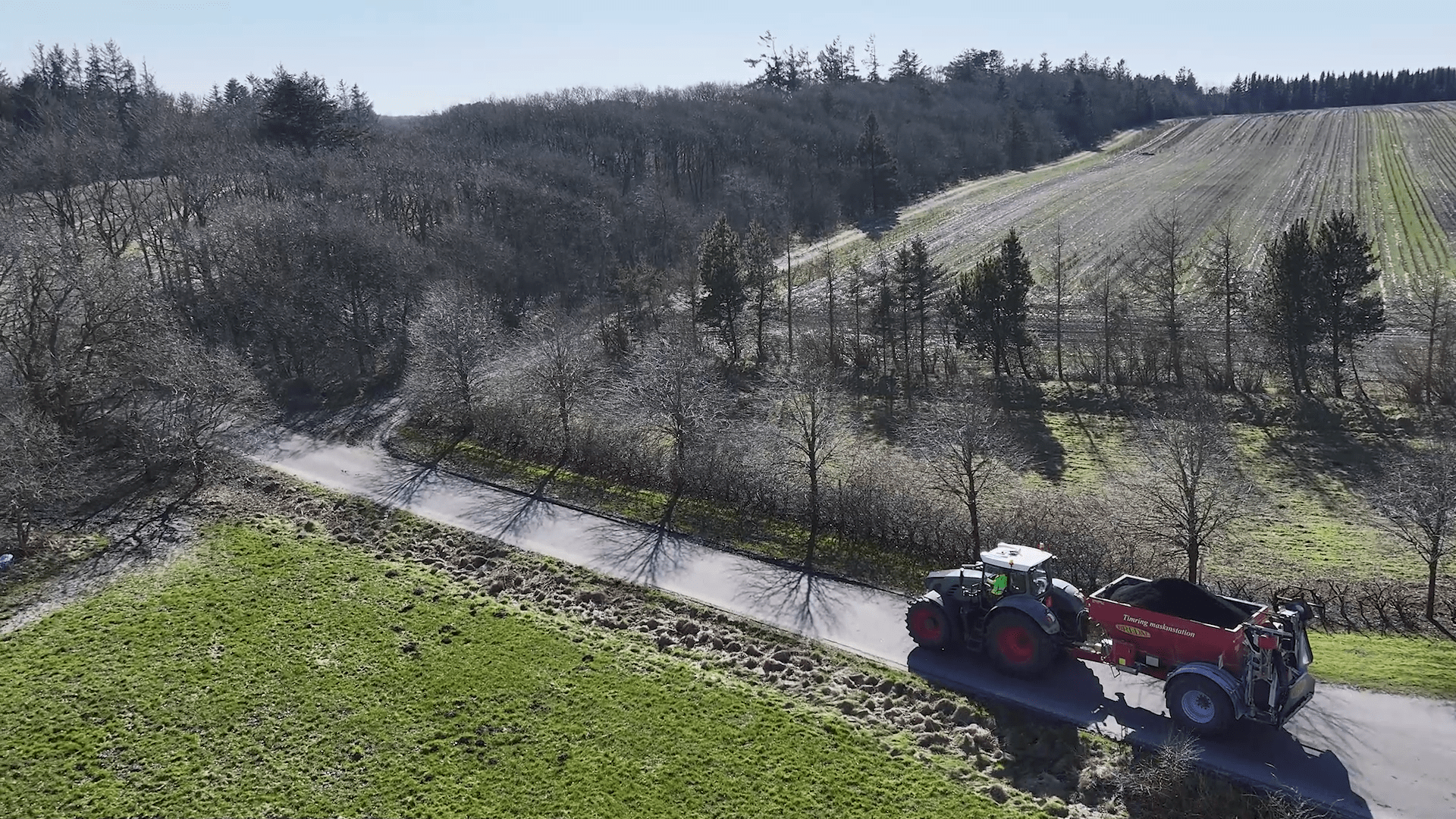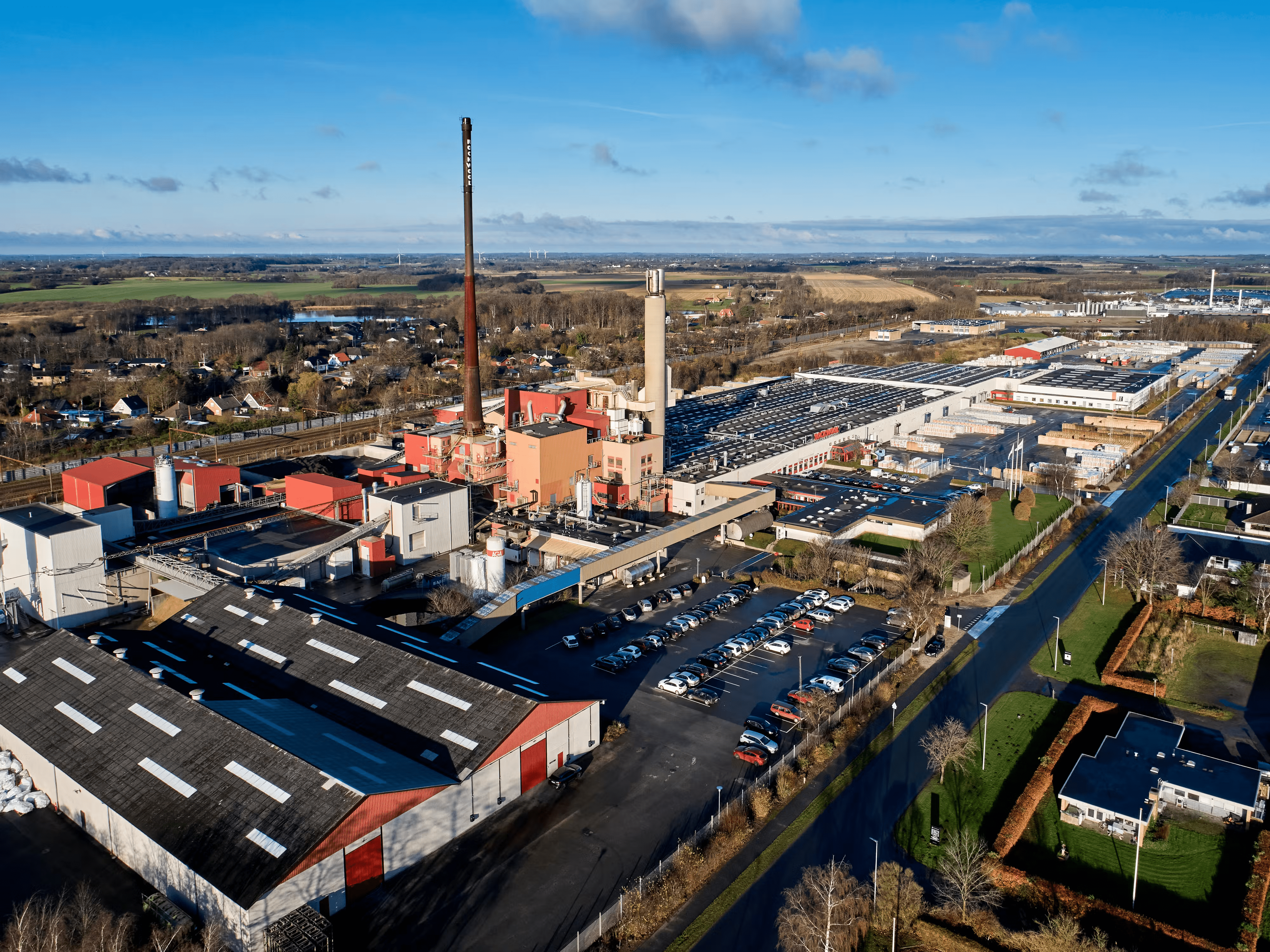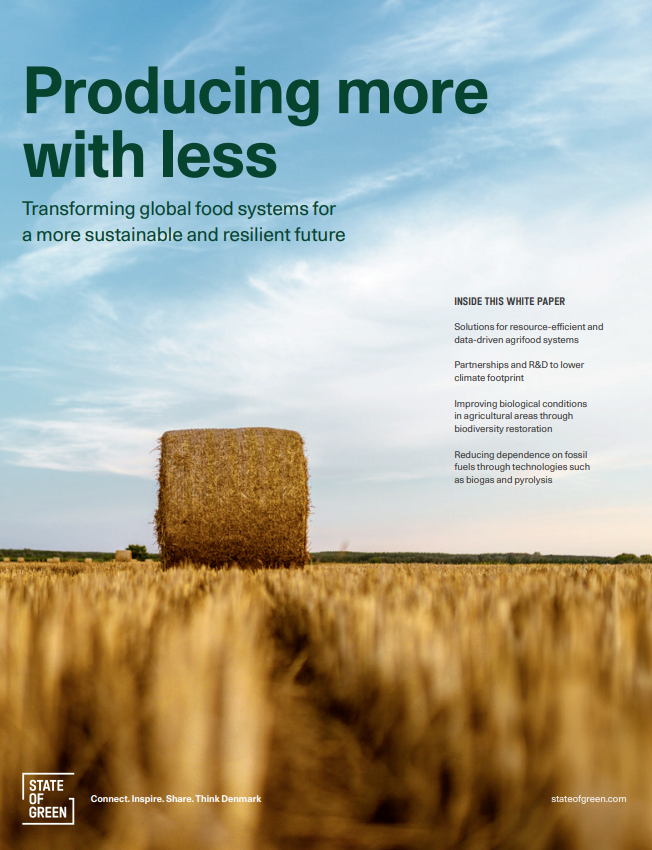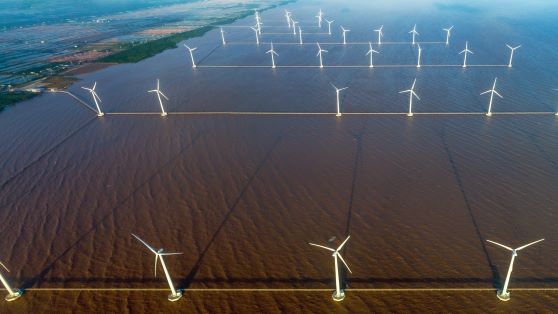News
Biogas
Biomass
Landfill and soil remediation
COWI Transforms Encroacher Bushes into Energy in Namibia


In the northern part of Namibia, areas the size of Germany, Austria and Switzerland combined, are being taken over by encroacher bushes and trees.
As the encroacher bushes make it hard for the husbandry to grass, this has vast consequences for the meat production and thereby also for the local level of employment.
All of this could be improved with a new biomass project that will use encroacher bush for fuel to a biomass power plant.
- To prove the concept, the local power company, NamPower, aims to construct the first 20 MW biomass power plant. But the project holds far greater potential, explains Marc Normann, Senior Market Director of COWI's Energy and Industry division.
- Related news: Residues from Novo Nordisk and Novozymes Converted into Biogas
One solution - several benefits
The National Integrated Resource Plan of Namibia foresees multiple biomass power stations in Namibia.
- In the long term, the plan is to build several biomass power plants across northern Namibia in order to restore the grassy savannas, says Normann. This first project will only serve to prove that it is possible to harvest and supply processed woodchips to operate modern biomass power plants in Namibia.
Today, the majority of Namibia's electricity is imported and based on fossil fuels. The first biomass power plant is planned to be ready in 2020 and will lead to a reduction in CO₂-emissions.
- This project is sustainable in every sense of the word. Biomass power plants will not only contribute to solve the problem of declining husbandry: Thinning the invasive bushes and trees and setting up a production of wood chips will create a new industry in Namibia, which will also enhance employment, says Normann.
- Related news: Danes Turn Whisky into Energy
Increasing interest in sustainable biomass
The Namibian project is a great example of how biomass can be used as a lever for sustainable solutions that have a positive effect on the global climate while contributing to social and economic development in the local community.
- We're seeing increasing global interest and a will to invest in sustainable biomass projects these years, from both Danish pension providers and international financing institutions, which recognize that such investments create value for both the national and investors. It bodes well for the environment and for Danish consulting companies like COWI as well as the Danish suppliers, who are leaders in biomass technology, explains Normann.
- Related news: Bornholm Combines Biomass, Wind and Solar
Facts
- Project ownership and financing
NamPower, the Namibian power utility, is leading the feasibility and the development of the project. The first power plants are expected to be put into operation in 2020.
The Techno Economic as well as Environmental Studies on the project is financed by the Sustainable for All (SE4All) facility, which is part of the EU Africa Infrastructure Trust Fund, which aims to invest in regional infrastructure in Africa by combining long-term loans with grant aid from the European Commission and EU member states.
- Related news: New Danish Export Strategy for Energy Technology
- COWI's role
COWI was chosen as technical economic consultant by the European Investment Bank and NamPower on the feasibility study for the Encroacher Bush Biomass Project in Namibia. Among others, tasks include examining the biomass, identifying a suitable site, determining the size of the biomass power plant, providing bank-able models as well as assisting with tendering and procurement of the entire facility.
COWI is a leader in sustainable biomass projects and aims to secure both environmental and economic sustainability to the benefit of the local and global environment and economy as well as investors.
You should consider reading
solutions
Carbon capture, storage and utilisation
+5
Biostore: Paving the way for large-scale use of biochar in Denmark
30 April 2024News
Energy efficiency in industry
+4
Denmark's industrial sector cuts emissions by 17%
29 April 2024publications
Resource efficient production
+15
